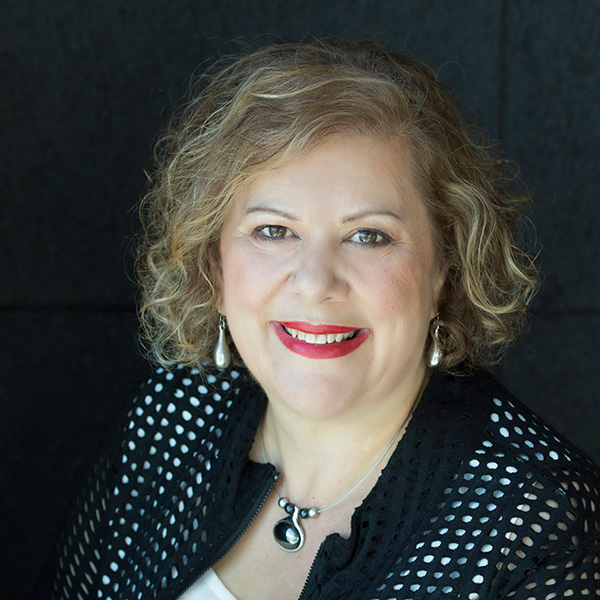I meet way too many professionals who simply aren’t happy in their jobs. There are many reasons for this, but the general theme is that they feel stuck. It may be because they’ve been passed over for a promotion, they’ve had some conflict with their manager, co-worker, a supplier or client or there’s whispers of an organisational restructure and so no one wants to make a decision any more.
It’s frustrating and it’s not where you want to be.
I’d like to put you at ease and let you know that it’s okay to be unhappy. What’s not okay is doing nothing about these feelings. Yes, I understand you need time to process your circumstances, but there does come a time when you need to put a line in the sand and ask for help. If you are finding yourself in more and more conversations with friends or colleagues where you’re telling people you are unhappy, this is a really good starting point.
I say this because acknowledging your dissatisfaction with your current circumstances is a healthy first step in making the changes necessary to get closer to achieving great happiness. Even if you have no idea what this better state of being may look like. It’s okay to not know what you don’t know.
The Downside of Not Acknowledging Your Dissatisfaction
On the other hand, if you are saying nothing, and just bottling these emotions and your unhappiness up inside you, then this concerns me. Those close to you will know there’s something not right and your dissatisfaction with your job is probably going to be playing out in other ways.
You may be enjoying a few too many Tim Tams with your cup of tea after dinner, consuming one glass of wine too many earlier and earlier in the week, have a shorter fuse than usual or just be experiencing a general lack of enthusiasm where there once was more of a spark. These are all examples of behaviours that indicate something is not quite right.
Don’t get me wrong, life can have darkness. I get it. I have experienced this for myself and shared my own personal journey in this blog post – 2016 The Year I Was Blindsided.
The Upside of Acknowledging Your Dissatisfaction
The important thing to acknowledge is that you do have a choice and you can do one thing key thing when you are feeling stuck.
You can ask for help.
There is light at the end of the tunnel and it starts with acknowledging that you need help. To encourage you to do this I’d like to share some examples with you of clients I’ve worked with who’ve asked for help and my own personal experience in my business journey.
I met Anthony’s wife at a business women’s networking event earlier this year. She was concerned about him and encouraged him to come and see me to discuss where he was at in his career. After a one hour meeting he had a much stronger sense of what he needed to do to take action, which meant looking for work. After our conversation he managed to book 3 appointments in one day with people in his network to discuss potential career moves.
And then there’s Yvonne. She asked her previous boss for some advice on what sorts of roles she thought she’d be suited to if she wanted to begin to look for new roles either within or outside her current organisation. Speaking to people you’ve previously worked with is a great way to seek advice. It is often the people you’ve worked with (who know your work style, experience and skills well) who can offer you invaluable guidance when you ask for help.
Reaching Out to Others Can Make All the Difference
For me personally in my business, the biggest lesson I have learnt is to ask for help. I spent many hours wondering how to set up my business, deciding who my ideal client was, the most suitable products and services to support them and what made me unique. Doing this alone, without asking for help, meant I went around in circles and wasted precious time. I needed to get out of my own way.
I found that I was not able to see all my strengths as I was too modest to admit to them. I see this often with clients too. For some reason it feels a little unnatural for us to rattle off what we are good at! Not being able to articulate my strengths well made it difficult to then translate how I was unique and how I truly could help. The good news is, I am much better at doing this now as I asked for help.
Reaching out to others can make all the difference.
Talking my business and my approach through with a coach helped me identify my uniqueness, strengths and develop a much clearer understanding of how I could help professionals in Melbourne who want to explore their next career move or find their next job. By asking for help I was able to better understand which clients I work with the best and the services and programs to design to help them on their career journey. Within a short time, I was working with new clients.
Whether you seek the advice of a professional Career Coach or simply leverage your own personal or professional networks, it all starts with asking for help.
These are examples of things you could do for yourself right now. So what are you waiting for?

I am a passionate Career Coach who works with individuals in the explore and search phase of their career journey, helping you realise your strengths through my career coaching and training programs. I enjoy showing people the path to greater career satisfaction and providing insight and tools to help you make your next career move.



